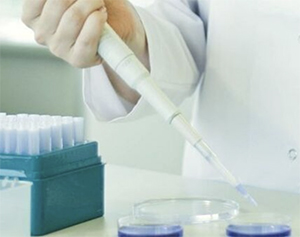Almost 300,000 animals were used in Ireland last year to test the safety, quality, and potency of medicines.
A report from the Health Products Regulatory Authority, formerly the Irish Medicines Board, reveals that 277,559 animals were used in procedures for the first time.
There were 279,379 occasions where animals were used in procedures, with 205,751 used to test the safety, quality, and potency of medicines. The majority of the tests (94% or 193,197) were to examine the harmful effects of substances.
Of the animals used for the first time, 9,970 were genetically modified and represented 4% of all the animals.
According to the report, 88% of the genetically modified animals did not “display any impairment” to their well being.
It is the first statistical report to be published by the authority on animals used in Ireland under scientific animal protection legislation.
The authority became responsible for regulation of the area in January 2013. Previously, it was the responsibility of the Department of Health.
Animals used for the first time last year included 54 cats; 49 horses, donkeys, and cross-breeds; 606 pigs; 1,189 sheep; and 2,315 cattle. There were no dogs used.
Dogs are used in laboratory testing but the report points out that the only studies conducted were for research into development of veterinary medicines. There were 696 occasions last year when dogs were used in studies.
Most of the new animals used for the first time in tests were mice (255,574), rats (12,029), guinea pigs (3,262), and rabbits (1,843).
The report shows that 70% of the animals were involved in procedures classified as severe.
The authority is now required by EU law to publish summaries of animal experimentation projects.
The Irish Anti-Vivisection Society had been requesting such information for over 20 years and has welcomed the increased transparency.
The authority said it urged those using animals for scientific purposes to ensure that the minimum number of animals were used; that the species chosen were the most appropriate for the study; and that, where possible, any techniques used would be refined to improve the welfare of the animals.
The Anti-Vivisection Society criticised two tests involving rats last year. One used 1,500 rats to test the neuro-development and behavioural effects of methamphetamine exposure during pregnancy and lactation.
The other test used 1,300 rats to study depression.
- Evelyn Ring


